MDMA
$290.00 – $1,400.00Price range: $290.00 through $1,400.00
Psychoactive Empathogen and Stimulant
MDMA induces euphoria, emotional warmth, and sensory enhancement. Its use involves health risks and legal restrictions.
MDMA (Ecstasy)
A Psychoactive Empathogen and Stimulant
MDMA (3,4-methylenedioxymethamphetamine), commonly known as ecstasy or molly, is a synthetic psychoactive drug renowned for its stimulant and empathogenic effects. It promotes feelings of euphoria, emotional closeness, increased energy, and sensory perception enhancement. MDMA is often used recreationally in social settings, such as parties and music festivals.
The drug works by increasing the release of neurotransmitters like serotonin, dopamine, and norepinephrine, leading to mood elevation and heightened sensory experiences. While many users seek its euphoric effects, MDMA can also cause adverse health issues, especially at high doses or with repeated use, including dehydration, hyperthermia, anxiety, and in severe cases, neurotoxicity.
Risks and Legal Status
Heavy or frequent use can deplete serotonin levels, resulting in long-term mood disturbances and cognitive deficits. MDMA is classified as a Schedule I controlled substance in many countries, indicating high potential for abuse and no accepted medical use outside approved research.
Where to find MDMA
In summary, MDMA is a powerful psychoactive drug that can induce profound euphoria and emotional connection but carries significant health and legal risks. Responsible use, awareness of dangers, and adherence to legal regulations are essential.
| Quantity / grams | 1.5, 3.5, 7, 14, 28 |
|---|
Be the first to review “MDMA” Cancel reply
Related products
Psilocybin
Stimulants
Stimulants
Stimulants
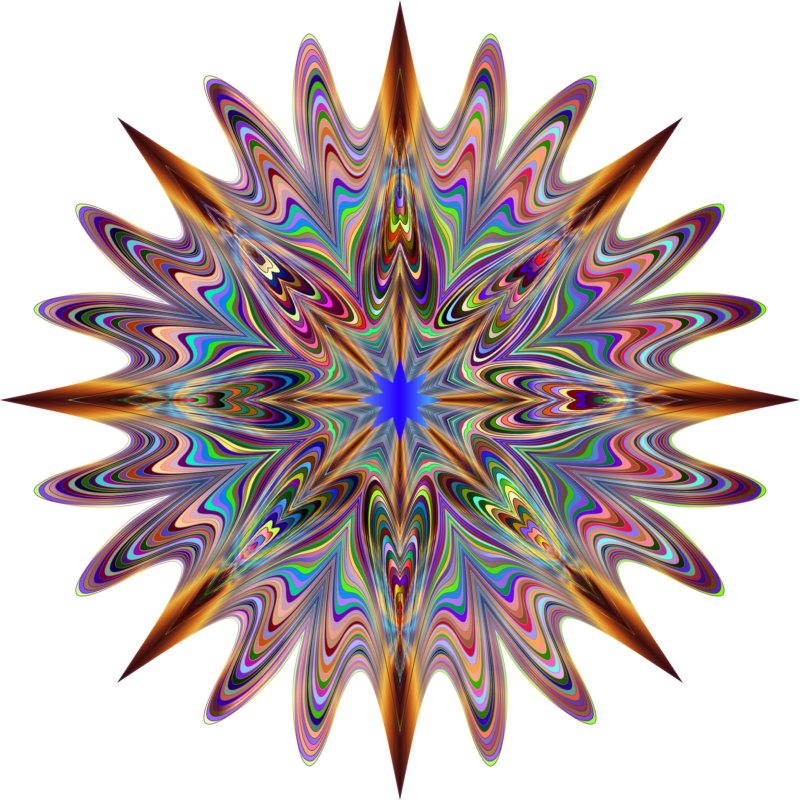



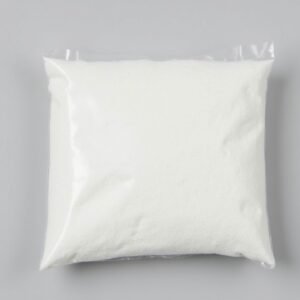
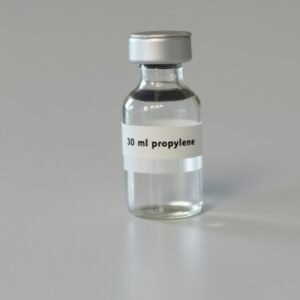
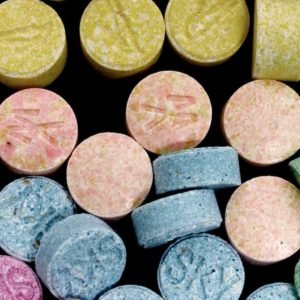
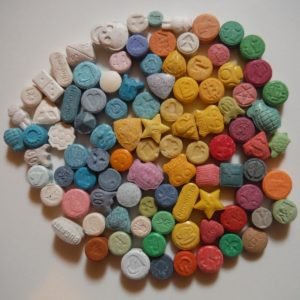
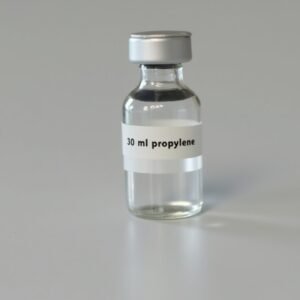
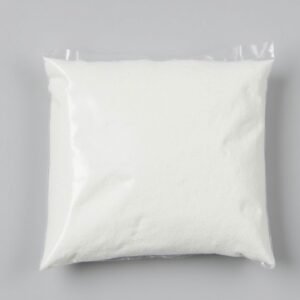
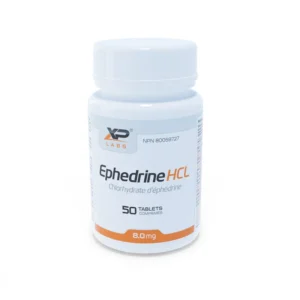

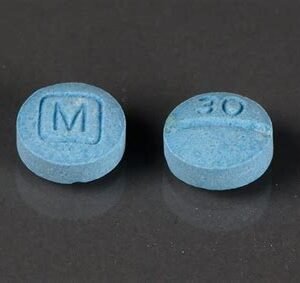
Reviews
There are no reviews yet.